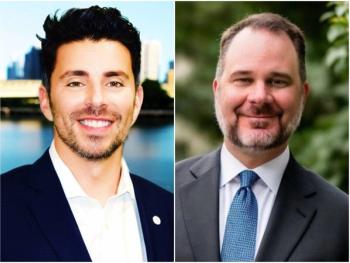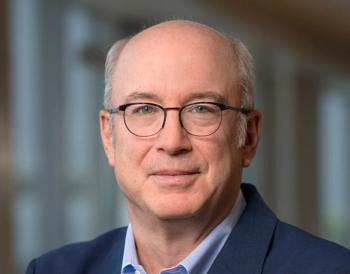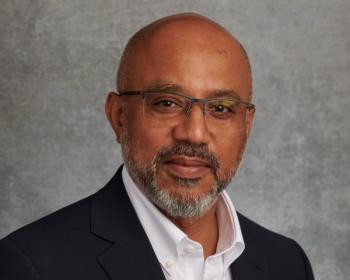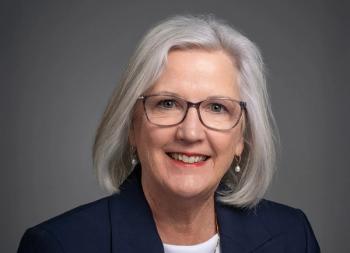
RxSense CEO Rick Bates cites the value of knowing ‘when you’ve been wrong’ | Lessons for Leaders
In this new feature, we’re spotlighting the insights from leaders in the world of healthcare. Rick Bates of RxSense talks about the importance of acknowledging mistakes.
Rick Bates isn’t shy about admitting a mistake.
Bates is the founder and CEO of
When asked for a lesson he’s learned as a leader in a recent interview with Chief Healthcare Executive®, Bates said, “I never realized how often I was wrong. That’s been the biggest thing I’ve learned.”
“You assume that the market is going to respond a certain way, or customers will respond a certain way,” he added. “But because of my own personal knowledge and history in this industry, I viewed it very differently. And what makes perfect sense to me, is not necessarily going to resonate with others.”
(Rick Bates talks about acknowledging mistakes in this video. The story continues below.)
“I have an enormous appetite for risk,” Bates said. “But most people don't. Most customers don't.
“So it's finding a balance as you're trying to push a business forward, and having enough humility, so that you can look and realize when you've been wrong, when you should redirect that something, you just need to tweak something a little bit differently,” he said. “And don't fall on the hill.”
Bates said it’s critical to recognize when a course correction is needed.
“We've changed this business so many times,” Bates said. “And I think we finally gotten ourselves to a really clear strategy with the market segments we're going to pursue.”
As an example of a lesson learned from a mistake, Bates points to the recent decision to launch RxIQ, a new analytics dashboard, as a standalone product for pharmacy benefit managers and health plans. Bates said he should have launched it as its own product long ago.
RxIQ provides detailed reports on a plan’s performance so companies can gain insights on drug costs, financial performance, clinical outcomes and other key data, Bates said. He calls RxIQ “the most valuable asset that we've created.”
“I should have had RX IQ out in the marketplace as a standalone product 18 months ago, but I wanted to keep it with our platform, because I was so convinced of the power of both,” Bates said. “But the fact is RX IQ has an incredible value proposition on its own.”
Bates said he's aware of his "blind spots" and brought in people from other industries to become part of RxSense and provide different perspectives.
Executives need strong leaders around them who are willing to speak up when they think the CEO is making a mistake, and the chief executive needs to be willing to listen. Bates said he has a few people around him who can tell him when he’s wrong.
“I have a few people who have worked for me for a very long time. And one of them always says to me, ‘You might be right, but…’ And that's code for, ‘I don't think Rick's right, we all need to figure this out,’” Bates said.
In addition to being able to speak their mind, team members have the authority to make their own calls, Bates said. And he sees that as another element in the company’s success.
“I've pushed a tremendous amount of decision-making down to my direct reports and enabling them, so things don't have to go through me. And they're incredibly capable people, they have great business instincts,” Bates said.
“And I think that what you'd end up with is much better outcomes, when you allow people the autonomy to really make decisions and go get things done without overshadowing them, or, you know, holding them too close.”
(If you’d like to submit your idea of lessons in leadership in healthcare, great advice you’ve received, or insights you wish you had earlier, submit an idea for our “Lessons for Leaders” series. Email Ron Southwick, senior editor of Chief Healthcare Executive: [email protected])































